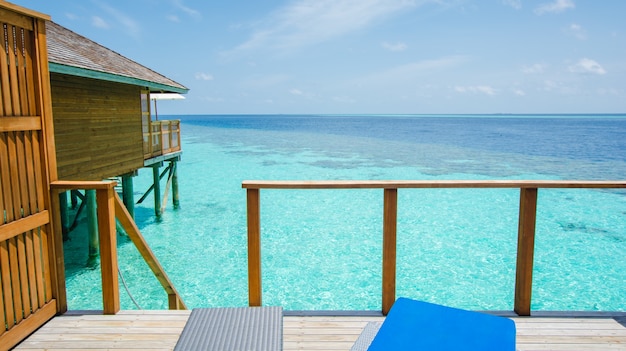
After returning from Cuba, we’ve been raving about how fantastic the casa particular experience is. Staying with a local family, enjoying Cuban food, chatting over cigars, and learning about the culture and history from real people were highlights of our trip. Thanks to companies like CubaCasa, booking one online is now quick and easy.
While there are plenty of nice state-run hotels in Cuba, often housed in colonial buildings and sometimes even offering Wi-Fi, they just don’t compare to the experience of staying in a casa particular.
In this guide, we’ll explain what a casa particular is, how to book one, typical costs (don’t worry, it won’t blow your budget!), and what to expect during your stay.
A “casa particular” in Spanish means “private home.” In 1997, the Cuban government allowed Cuban families to register their homes as private businesses and rent out rooms to foreigners. This was a big step towards economic freedom in Cuba. Prior to 1997, all accommodations were state-owned. This change was one of the first steps by the Castro administration to incorporate elements of capitalism while maintaining socialist ideals.
Since Raul Castro took over, more economic reforms have occurred, allowing Cubans to open restaurants, run hotels, and even travel abroad. Cuba’s future looks increasingly promising and free.
Travel insurance is mandatory for anyone traveling to Cuba, and you might be asked to show proof upon arrival.
These Cuban home stays often provide more privacy than regular ones found elsewhere. Many casas have a separate home or at least a private section for tourists. The hosting family is usually available to help and chat but also respects your privacy. You won’t be expected to hang out with them all the time; instead, they encourage you to explore the city.
Typically, staying in a casa costs about $20 CUC, which equals $20 USD. You can also enjoy cheap mojitos and delicious home-cooked meals at almost every casa for a fraction of restaurant prices. Dinners usually cost between 5 to 10 CUC, and the portions are generous. Mojitos and cocktails are around 2 to 3 CUC.
While many booking sites don’t list Cuban properties, HostelsClub offers listings in nearly every tourist town. We had a great experience with them and highly recommend their service.
Update: As of 2017, popular booking sites like Booking.com and Airbnb also list Cuban properties. It’s a good idea to call or email the casa owner before you arrive. Many will meet you at the bus station, holding a sign with your name. This is important because there are reports of scammers at bus stations pretending to be your host.
Our stay at various casas was fantastic, with each one being clean and comfortable. Check out the quick video below of one of our favorite casas, Casa Habana Blues 1940 in Havana.
To learn more about Cuba or to pick up some Spanish before your trip, check out our other articles.
